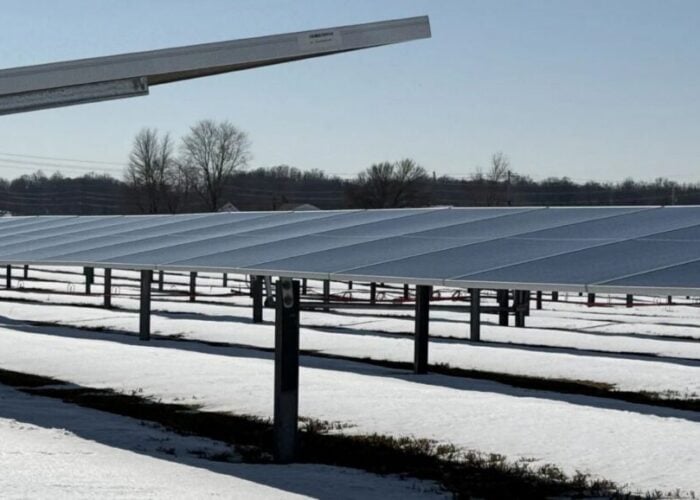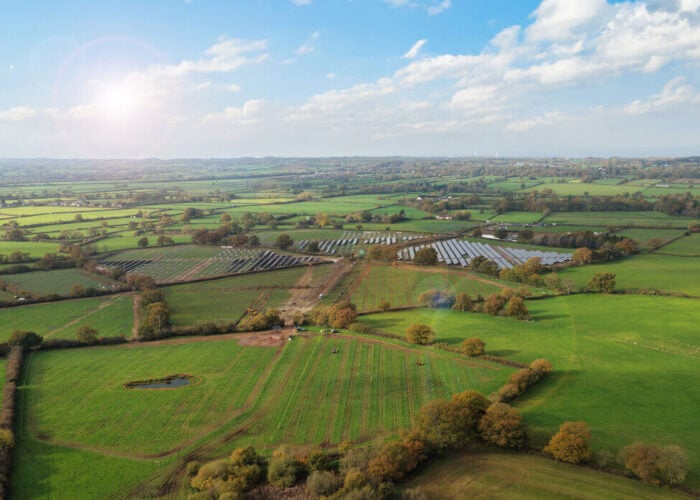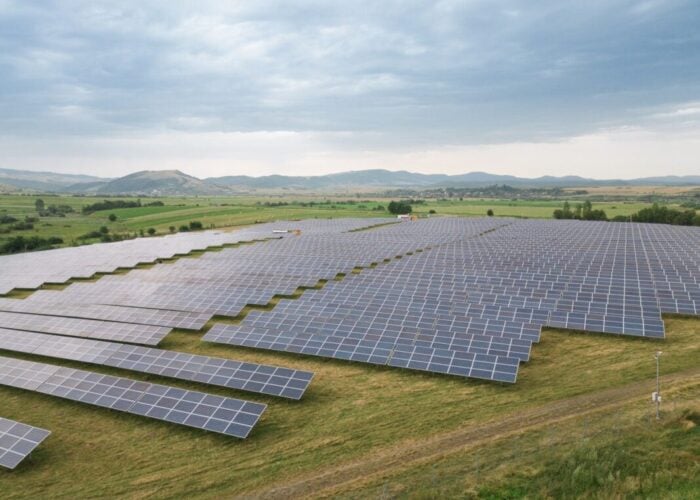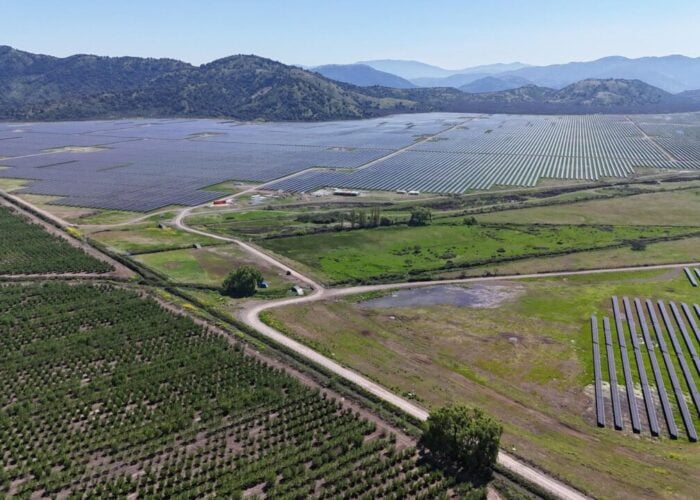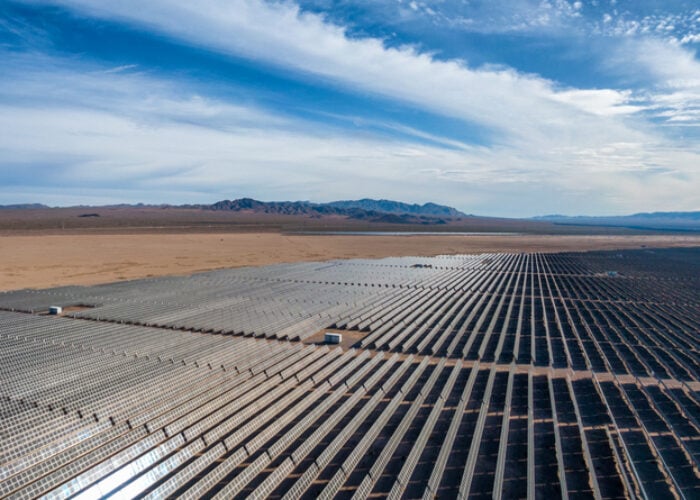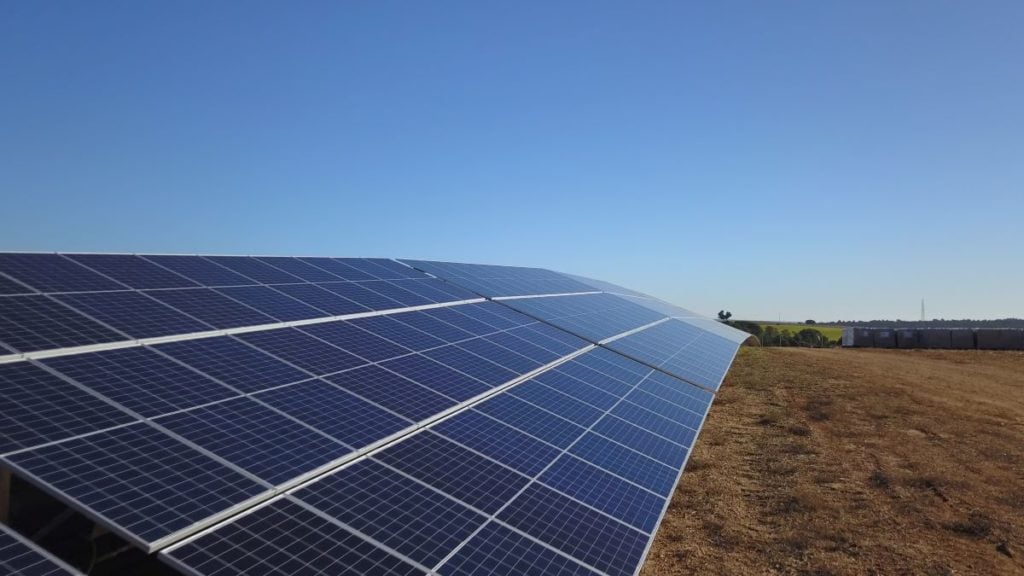
US data centre developer EdgeMode has acquired a portfolio of data centre assets in Spain, with plans to build a 300MW solar, 1.2GWh storage facility at the sites.
The deal will see a newly-formed joint venture own the assets, with EdgeMode holding 75% of the portfolio and infrastructure investor Blackberry AIF holding the remaining 25%. The portfolio consists of “five strategically located campuses” in, Cáceres, Córdoba, Malpica, Torrecampo and Vianos, while
Try Premium for just $1
- Full premium access for the first month at only $1
- Converts to an annual rate after 30 days unless cancelled
- Cancel anytime during the trial period
Premium Benefits
- Expert industry analysis and interviews
- Digital access to PV Tech Power journal
- Exclusive event discounts
Or get the full Premium subscription right away
Or continue reading this article for free
EdgeMode acquired Blackberry AIF in July of this year, taking ownership of its 23 data centres currently under development, and will build solar facilities and battery energy storage systems (BESS) at each of the five sites covered by this week’s deal. Each campus will be powered with a 60MW solar project, and a 240MWh co-located BESS, and EdgeMode expects the projects to achieve ready-to-build status in the first quarter of next year, ahead of the start of commercial operations, in phases, in 2027.
“Together, we will deliver a new generation of Tier III data centres powered by clean, affordable solar energy,” said José Mora, Blackberry AIF CEO and executive chairman of the new joint venture. “This model eliminates exposure to energy market volatility and creates highly competitive, sustainable facilities that are exactly what hyperscale and AI customers are seeking in Europe.”
According to Spain DC, the Spanish data centre trade association, the electricity demand from data centres in the country will more than triple between 2024 and 2026. The EdgeMode deal suggests industry players are key to invest in solar and storage, in particular, to meet this demand, providing evidence for the theory that the low cost of deployment and scalability of these technologies makes them ideal technologies to meet this demand.
Already this year, technology giants have invested in new solar projects specifically to provide power for data centres. In June, Amazon invested US$13 billion into new solar projects for its data centres in Australia, while Google signed a power purchase agreement (PPA) to use electricity generated by solar projects to power its data centres in January.
Last year, Microsoft also invested more than US$10 billion in a combined solar and wind portfolio to install over 10.5GW of capacity to meet electricity demand from its data centres.


